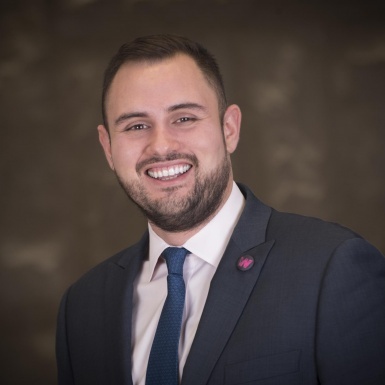Gratitude for the Opportunity to Serve
Sign up and receive information on the latest news and updates.
Do what is beautiful. God loves those who do what is beautiful. - Qur’an 2:195
Help God! - Qur’an 47:7
In a Hadith Qudsi (a Revelation from God to the Prophet Muhammad in a dream) God asks the son of Adam, “Why did you not visit Me when I was ill?” The human being is dumbfounded and in a daze. He stutters, “You are the Lord of the worlds!” God then explains that when one of His servants is unwell, “you will find Me with him.” When food and drink are offered to one of God’s own, they are offered to God, as well.
This is an important lesson for caregivers of persons with dementia and one that should provide encouragement and comfort. As their loved ones become more deeply forgetful and exhibit challenging behaviors, caregivers may find themselves questioning the value of their actions, and wonder if, in fact, their efforts are making a difference. This revelation assures us of the spiritual dimension of caregiving and the value of every deed.
While Alzheimer’s disease and other dementias may rob our loved ones of memory and cognitive ability, their identity in the eyes of God—their essential spirit, their soul—is always present, and they remain persons of value.
It is really very simple: when “one of His servants is unwell” God is with him. And, as we visit with those who are ill and continue to comfort and serve them, we are also serving God. Sufi Prayer: Favor upon favor have You bestowed upon this handful of dust. Thank you God for the sacred opportunity to serve You. I am grateful.
Iman Jamal Rahman is an author and speaker on Islam, Sufi spirituality, and interfaith relations. He is co-founder and Muslim Sufi minister at Interfaith Community Sanctuary and adjunct faculty at Seattle University. This selection is reprinted from Seasons of Caring: Meditations for Alzheimer's and Dementia Caregivers.
